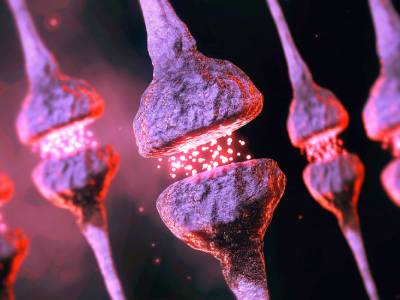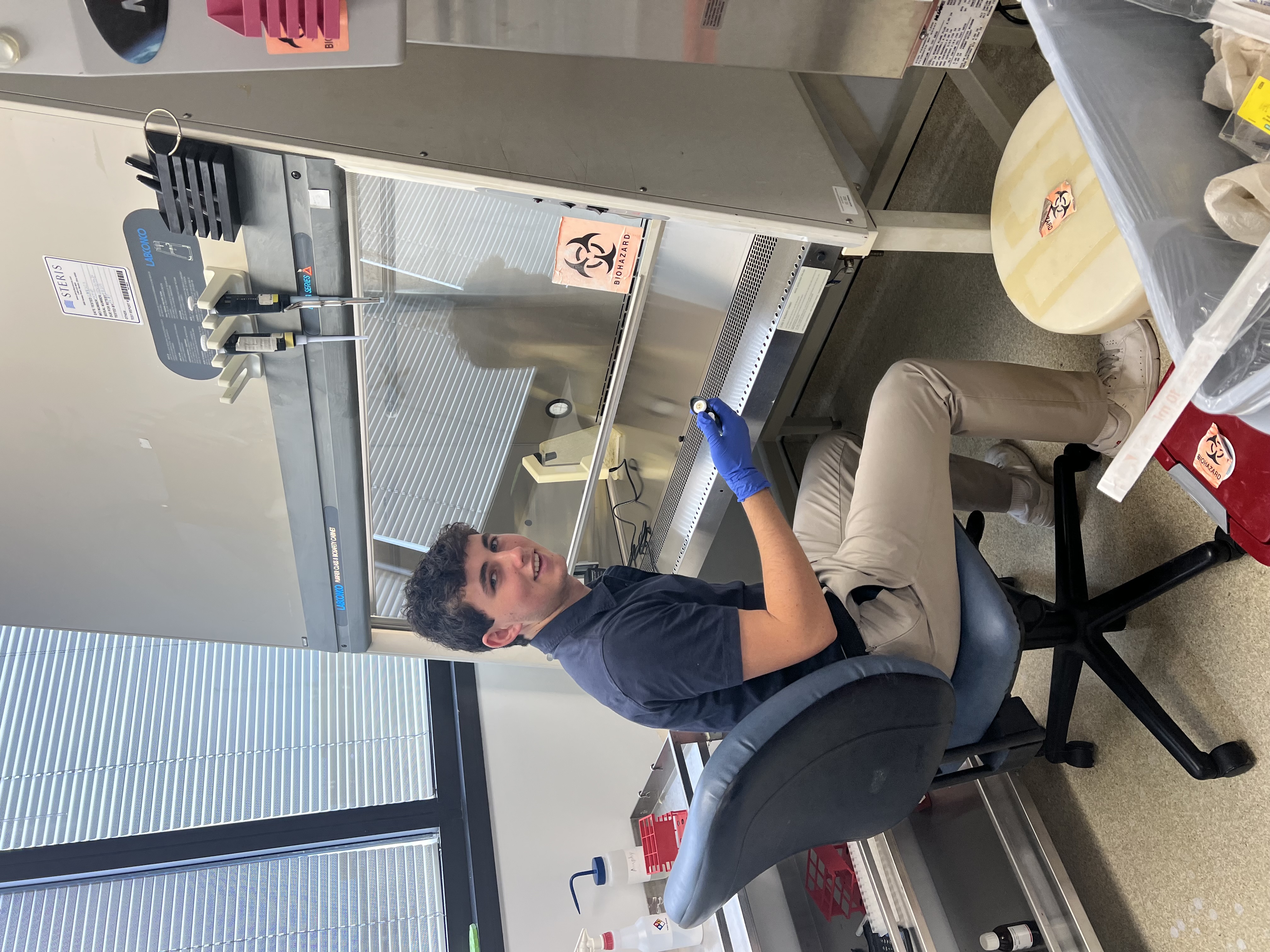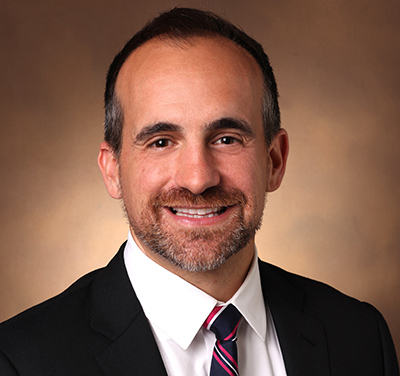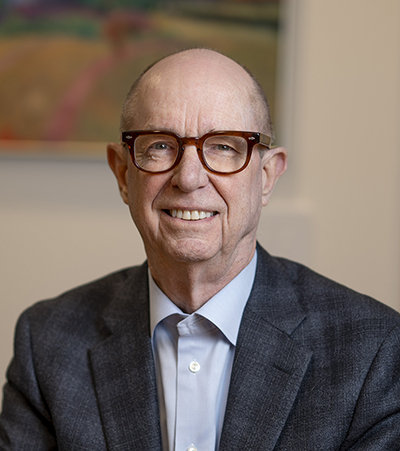Basic Science
-

Three from Vanderbilt community selected to participate in Endocrine Society’s leadership program
A Vanderbilt graduate student and two members of the Meharry-Vanderbilt Alliance joined the Endocrine Society’s leadership program, which provides scientists with leadership development, expanded skills in hands-on training, and networking opportunities with endocrinology leaders. Read MoreFeb. 21, 2024
-

Marnett lab intern selected as top scholar in prestigious Regeneron competition
High school student Benjamin Gordon, former Marnett lab intern, has been named a top scholar in the Regeneron Science Talent Search 2024, the oldest science and math competition for high school seniors in the U.S. Read MoreJan. 25, 2024
-

New target for lung fibrosis
Idiopathic pulmonary fibrosis (IPF) — a chronic, progressive syndrome — is marked by persistent activation and proliferation of fibroblast cells and the pathologic accumulation of extracellular matrix (scar tissue). Most patients die within 3-5 years of diagnosis. Timothy Blackwell, MD, James West, PhD, and colleagues… Read MoreNov. 1, 2022
-

Antentor Hinton Jr. receives Chan Zuckerberg Initiative grant to increase representation in research
Antentor Hinton Jr., assistant professor of molecular physiology and biophysics at the School of Medicine Basic Sciences, has been awarded a grant from Chan Zuckerberg Initiative’s Science Diversity Leadership program. The $1.5 million, five-year grant will support his work on “finding organelle… Read MoreOct. 21, 2022
-

Vanderbilt’s Monteggia and Rathmell elected to National Academy of Medicine
Vanderbilt University faculty members have been elected this year to membership in the National Academy of Medicine, a prestigious, non-governmental organization that advises the nation and the world on important aspects of medical science, health care and public health. Monteggia was recruited to Vanderbilt in 2018 to… Read MoreOct. 17, 2022
-

Gene tied to childhood epilepsy
In the mammalian brain, the chief inhibitory neurotransmitter is called GABA. The gene SLC6A1 encodes the GABA transporter GAT1, and in Neurobiology of Disease, Felicia Mermer, Sarah Poliquin, Jing-Qiong Kang, MD, PhD, and colleagues report experiments — in silico, in vitro and in mice-o… Read MoreOct. 13, 2022
-

Mathers Foundation award supports study of crosstalk between skeletal, immune systems
Jim Cassat, MD, PhD, associate professor of Pediatrics, Pathology, Microbiology and Immunology, and Biomedical Engineering, has received a three-year, $750,000 award from the G. Harold and Leila Y. Mathers Foundation to support research exploring the interplay between bone homeostasis and infectious disease. The Mathers… Read MoreJul. 8, 2022
-

The academic startup guy: Larry Marnett, founding dean of Basic Sciences
In the early 1960s, young Larry Marnett received his amateur radio license from the Federal Communications Commission. He put up an antenna outside his Kansas City, Kansas, home and began tapping away in Morse code. “It was just so cool to be ‘talking’ to someone in California or Canada,” Marnett… Read MoreJun. 1, 2022
-

New prognosis predictor and target for gastric cancer
Treatment resistance is especially pronounced in gastric cancer and contributes to patient mortality, highlighting the need for resensitization strategies. Robert Coffey, MD, Xiaodi Zhao, PhD, and colleagues compared the secretome, or secreted proteins, of chemoresistant and chemosensitive human gastric cancer cell lines to identify biomarkers of resistance. Read MoreApr. 8, 2022
-

Pietenpol named AACR Fellow
The American Association for Cancer Research (AACR) has inducted Jennifer Pietenpol, PhD, and Yu Shyr, PhD, into the 2022 class of Fellows of the AACR Academy. The mission of the AACR Academy is to recognize and honor distinguished scientists whose scientific contributions have propelled significant innovation and progress against cancer. Read MoreMar. 24, 2022